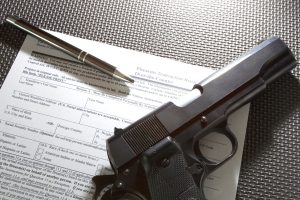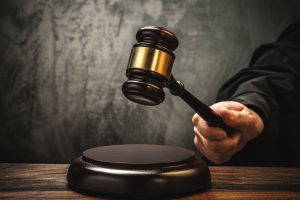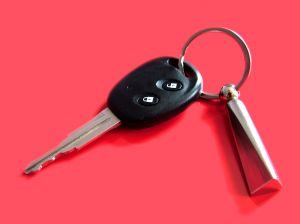When law enforcement responds to a domestic violence call in Fort Lauderdale, FL, officers often have no choice but to make an arrest — even if the alleged victim doesn’t want to press charges. This is due to Florida’s mandatory arrest statute, one of the most stringent in the nation. Understanding how this law works is critical if you or someone you love faces domestic violence allegations.
As a Fort Lauderdale criminal defense lawyer with extensive experience in domestic violence cases, I’ve seen firsthand how these mandatory arrest laws can transform a family dispute into a criminal case with serious, long-lasting consequences. Here, we’ll explain Florida’s mandatory arrest requirements, what they mean for those accused, and why experienced legal representation is essential.
What Is Florida’s Mandatory Arrest Law?
Florida Statute § 741.29 establishes the state’s mandatory arrest policy for domestic violence incidents. This law doesn’t remove the probable cause requirement, but it does compel officers with probable cause to believe an act of domestic violence has been committed to make an arrest, regardless of whether the alleged victim wants to pursue charges.
The statute defines domestic violence under Florida Statute § 741.28 as any assault, aggravated assault, battery, aggravated battery, sexual assault, sexual battery, stalking, aggravated stalking, kidnapping, false imprisonment, or any criminal offense resulting in physical injury or death of one family or household member by another.
“Family or household members” includes:
- Spouses or former spouses
- Persons related by blood or marriage
- Persons currently residing together as a family or who have resided together in the past
- Persons who are parents of a child in common, regardless of whether they have been married or have lived together
When Must Officers Make an Arrest?
Under Florida Statute § 741.29(2), a law enforcement officer must arrest and take a person into custody when:
- The officer has probable cause to believe that the person has committed an act of domestic violence
- The officer reasonably believes that the person poses a threat to the victim or others
Importantly, the officer does not need to witness the violence firsthand. The statute specifically states that the arrest may be made even if the violence did not occur in the officer’s presence, provided probable cause exists. This is a significant departure from arrest requirements for many other types of misdemeanor offenses.
The “Primary Aggressor” Determination
One of the most critical aspects of Florida Statute § 741.29 is the requirement that officers identify the “primary aggressor” rather than simply arresting both parties when mutual violence is alleged. Florida law recognizes that in some domestic disputes, both parties may have engaged in physical contact, but one person is the predominant aggressor.
Florida Statute § 741.29(4) requires officers to consider several factors when determining the primary aggressor:
- The history of domestic violence between the parties
- The relative severity of injuries inflicted on each person
- The likelihood of future injury to each person
- Whether one of the parties acted in self-defense
- Prior calls for assistance from the household
As a Broward criminal defense lawyer, I’ve handled numerous cases where the “wrong” person was arrested because officers were flawed in their primary aggressor analysis. This is why it’s critical to have an experienced domestic violence defense attorney who can challenge the basis for the arrest and investigate what really happened. Continue reading
 Fort Lauderdale Criminal Attorney Blog
Fort Lauderdale Criminal Attorney Blog











